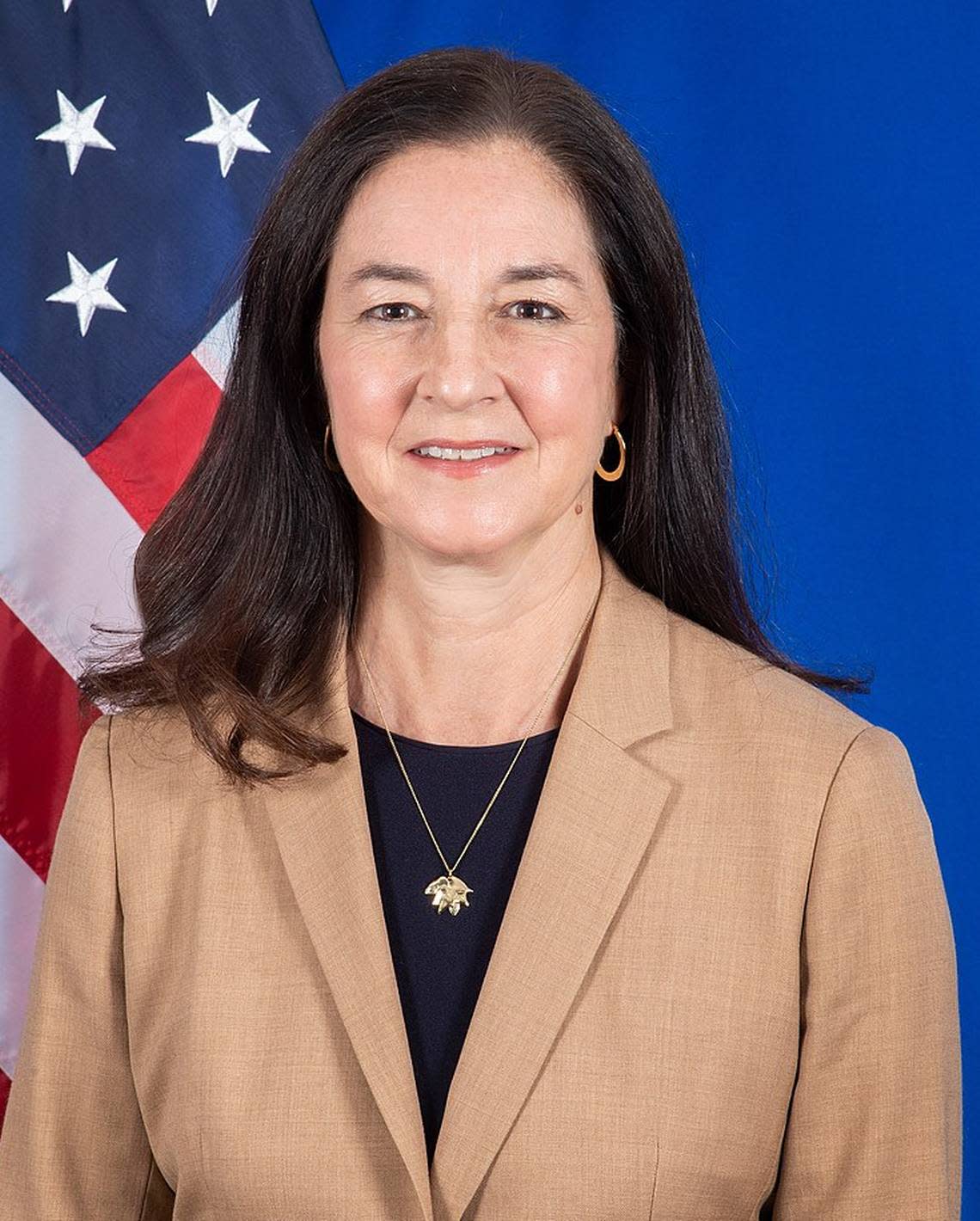Leaders in the Americas must protect defenders of the environment. They are in danger | Opinion
The murder of Brazilian Indigenous advocate Bruno Pereira and British journalist Dom Phillips captured international attention in June. Days later, Venezuelan Indigenous leader and Amazon defender Virgilio Trujillo Arana was gunned down, a death that was less visible on the global stage, but no less important.
Their tragic deaths are indicative of a larger pattern of violence and intimidation. Environmental defenders have long faced threats, harassment and murder while protecting their lands from commercial and criminal exploitation. In some countries, domestic laws do not sufficiently protect environmental defenders. Other countries lack the capacity to enforce their laws.
For these reasons, in June, leaders at the Ninth Summit of the Americas committed for the first time to improve protections for environmental defenders.
The Americas are a particularly dangerous place for environmental defenders. According to Global Witness’s 2021 report, almost three in four of such attacks in 2020 took place in the Western Hemisphere, with Latin America home to seven of the 10 countries with the most attacks.
In Brazil and Peru, almost three-quarters of recorded attacks took place in each country’s Amazon region. Colombia had the highest number of recorded attacks, with 65 defenders killed. Thirty were reported killed in Mexico and 12 in Nicaragua. Many were Indigenous people, Afro-descendants or small-scale farmers.
And the situation for environmental defenders is likely to get worse. Global Witness identified 227 lethal attacks in 2020, more than one every two days, and suggested that, “As the climate crisis intensifies, violence against those protecting their land and our planet also increases.”
This must change. Environmental defenders should not fear for their safety in response to peacefully protesting environmental impacts. They should not have to struggle to get basic environmental information from their governments. They should not be denied access to public participation in proposed projects that affect them and their communities, nor access to justice as they seek legal redress from government authorities.
As we anticipate the release of Global Witness’s 2022 report in the next few weeks, we must commit ourselves to preserving and expanding the space for environmental defenders to raise awareness against people and actions threatening our environment.
The Summit of the Americas was a turning point, with the United States and 32 other governments committing to strengthening the protection of human-rights defenders and, in particular, those working on environmental issues. Now we will work to collect data on threats and attacks and act based on that data. We will work to enact laws where needed and enforce laws already on the books. We will work to carry out environmental assessments where domestic law requires them and implement the recommendations that result.
During the United States’ remaining time as summit chair, we will work with partners in the international community to meet these commitments in the Americas. The United States continues to advocate for increasing protections for environmental defenders who take lawful actions to foster a clean, healthy and sustainable environment. We will continue to support action to prevent violence against them and to increase accountability for that violence.
A sustainable environment is the foundation of a thriving society. Bruno Pereira, Dom Phillips and Virgilio Trujillo Arana knew this, and we know it too. As governments, we must hold ourselves accountable to our commitments if we are to show environmental defenders that we are taking their messages seriously — today and in the years to come.
Monica Medina is the assistant secretary of State for the Bureau of Oceans and International Environmental and Scientific Affairs.

